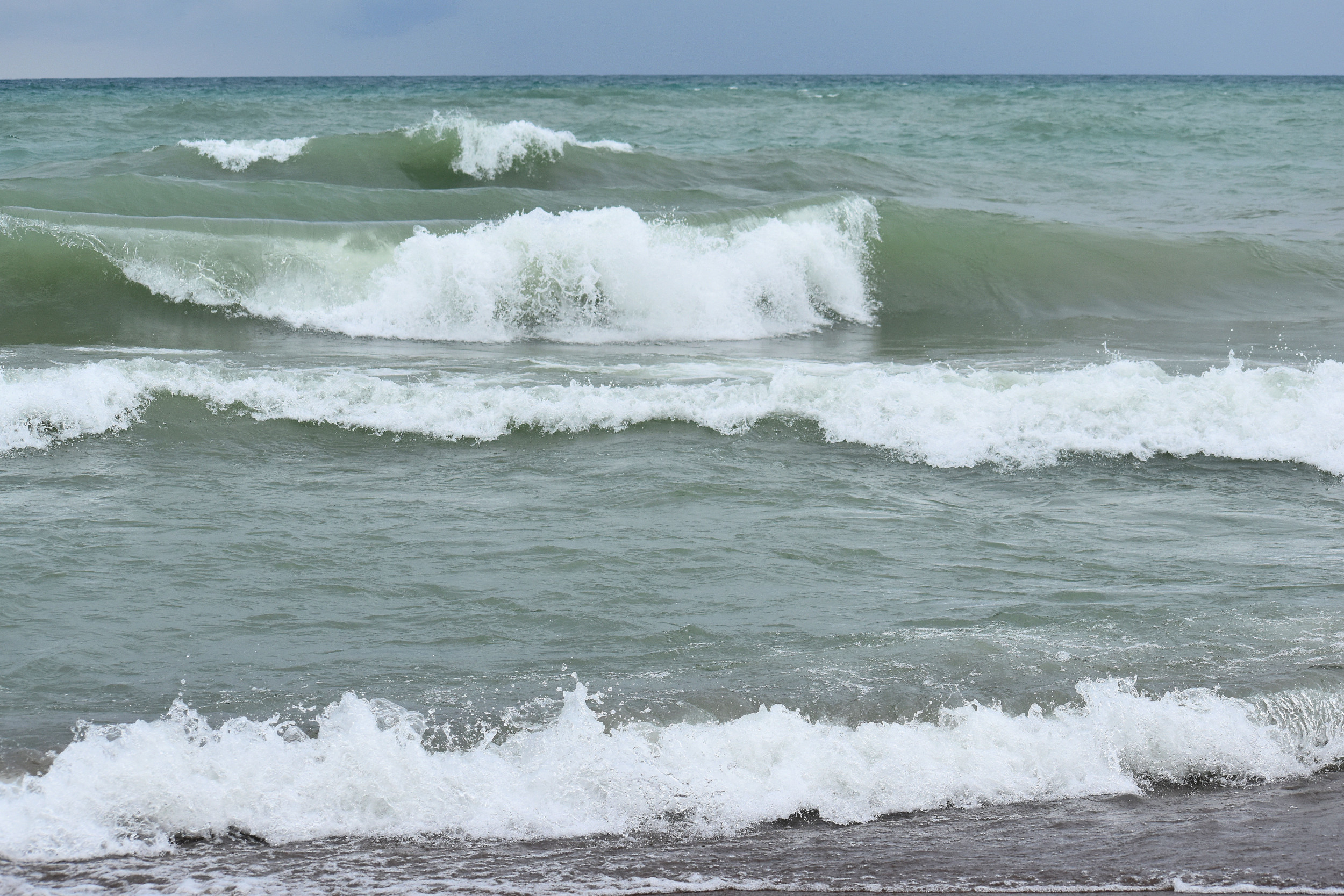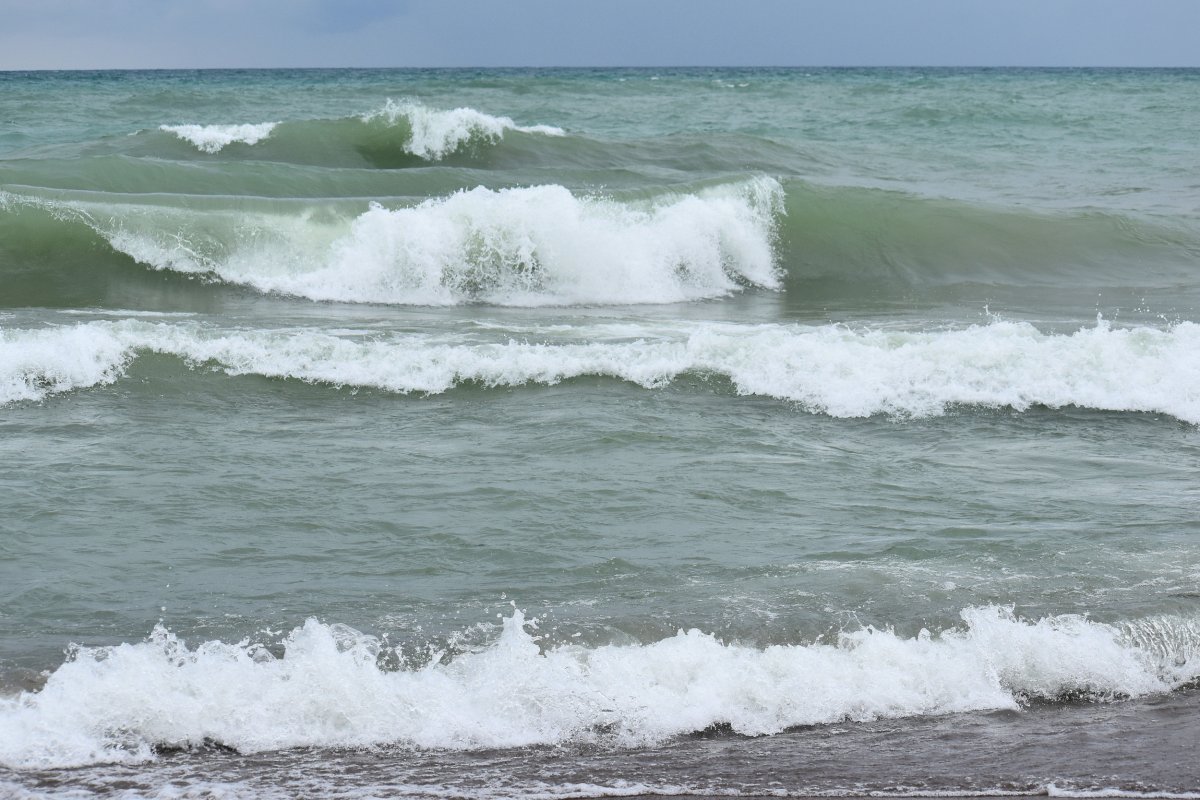
More than 600,000 people are being told to stay out of Lake Michigan for three days this week as dangerous currents create hazardous situations for swimmers.
Why It Matters
Lake Michigan is a major summertime recreation destination across the Midwest, attracting thousands of visitors every year. This week, the popular lake is facing dangerous swimming conditions through Saturday morning, prompting National Weather Service (NWS) meteorologists to urge swimmers to stay out of the water until conditions improve.
According to the Great Lakes Surf Rescue Project, there have been 66 drowning incidents reported on the Great Lakes this year, including 32 deaths at Lake Michigan, which is known as the deadliest Great Lake. Beach hazards statements alert the public to dangerous water conditions that could become life-threatening in some instances.
What to Know
On Tuesday afternoon, the NWS office in Grand Rapids, Michigan, issued a beach hazards statement for more than 100 miles of lakeshore along Michigan’s western coast, advising people to stay out of the water and off of piers.
The warning is in place for Mason, Oceana, Muskegon, Ottawa, Allegan and Van Buren counties, home to more than 600,000 people. Popular tourist destinations and summer vacation spots within the warning area include Ludington, Pentwater, Muskegon, and South Haven.
Newsweek reached out to the NWS office in Grand Rapids by phone for comment.

gurineb/Getty
The alert goes into effect Wednesday morning and will remain in place through Saturday morning. In some instances, beaches might be closed.
The hazardous lake conditions come as a cold front brings chilly, below-average temperatures across much of the U.S., including Michigan. Temperatures will be as much as 20 degrees below average in some places, with highs dipping down into the 50s, which might be enough to keep some people away from the beach.
A small craft advisory is also in place for Lake Michigan waters through Saturday morning, with meteorologists warning of strong winds that could damage or capsize small boats.
“Inexperienced mariners, especially those operating smaller vessels, should avoid navigating in hazardous conditions,” the advisory said.
What People Are Saying
NWS Grand Rapids in a beach hazards statement: “Remain out of the water to avoid hazardous swimming conditions and do not venture out on piers. Please check with your local authorities on potential beach closures.”
The statement added: “Strong currents can pull swimmers into deeper water and high waves can sweep people off piers.”
What Happens Next
The water-related alerts are expected to expire after Saturday morning. Looking forward, temperatures will likely return to above-average levels in western Michigan between September 9 and 15, according to temperature outlooks from the NWS Climate Prediction Center.




